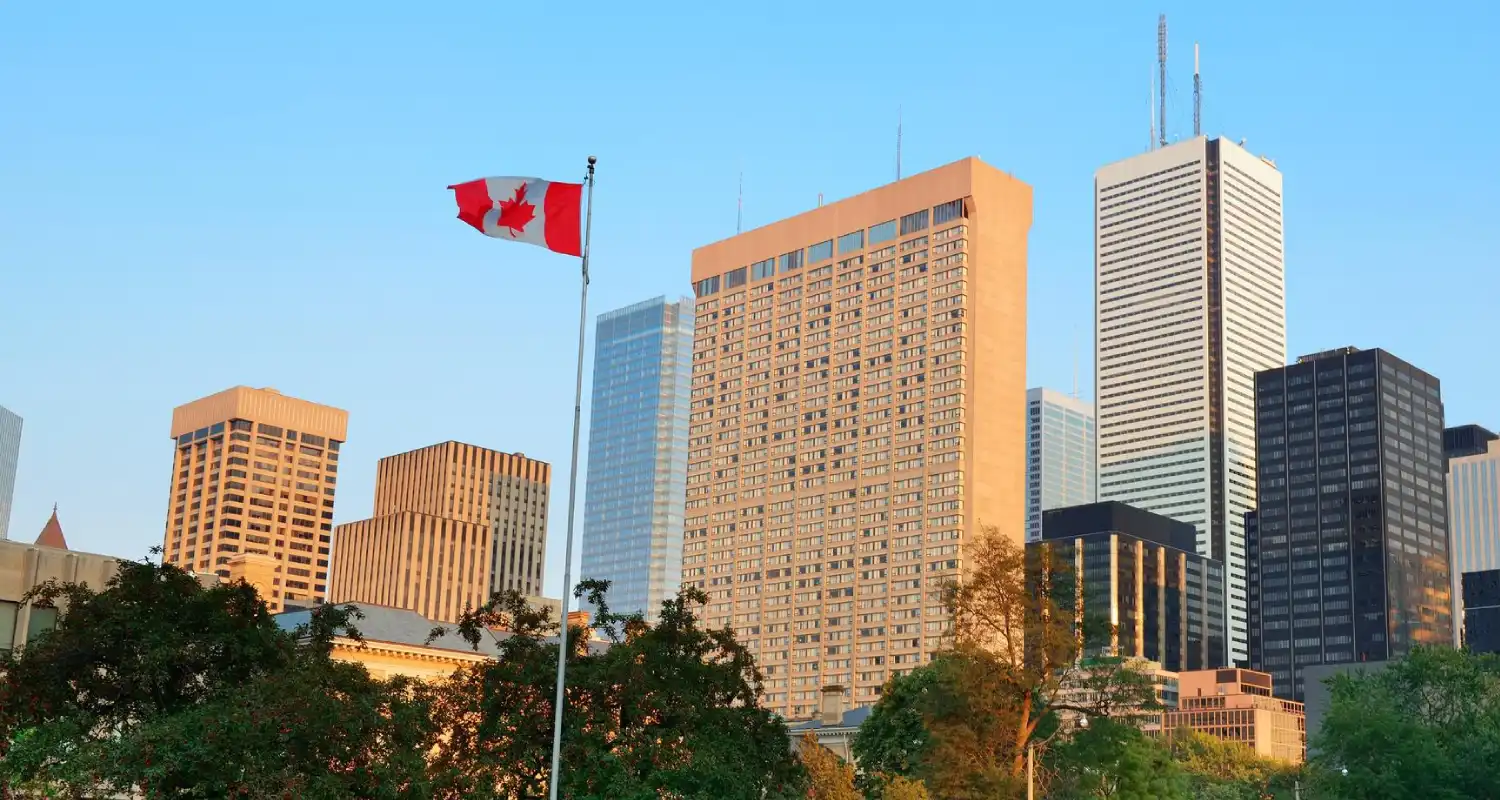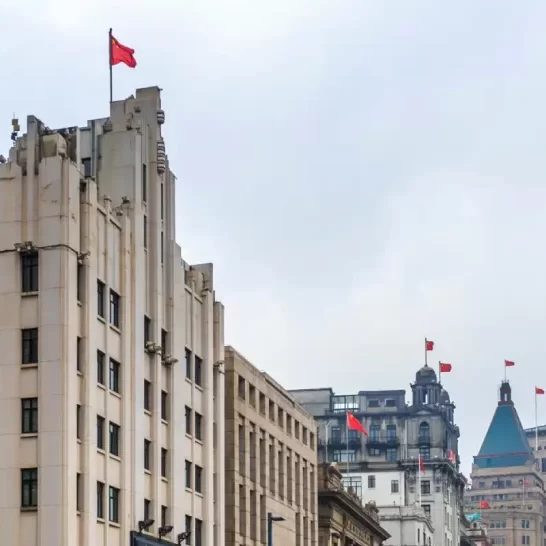
They start asking if he’s breathing’: Officer tells inquest of chaotic scene on night immigration detainee died
Two months after returning to work from her maternity leave, Peterborough police Const. Alicia McGriskin responded to a call for a paid-duty officer in order to make some extra money.
She packed some snacks and a laptop so she could watch movies during what she expected would be a “low-key day” while guarding an inmate in need of medical attention at the Peterborough Regional Health Centre.
McGriskin, then in her eighth year as an officer, was there to guard the door so the inmate, Abdurahman Ibrahim Hassan, already restrained in shackles in his bed, could not get away.
It would turn out to be a chaotic night.
The 39-year-old man would die in front of McGriskin.
“This was a traumatic event, something I’ve never experienced in my career and still haven’t. So when I could not think about it, I didn’t want to think about it,” McGriskin wept as she testified Monday, the first day of an inquest into Hussan’s death more than seven years ago.
McGriskin and late OPP Const. Andy Eberhardt were both on paid duty the night of June 10, 2015, to guard the Somali migrant who had a history of mental health issues.
Hassan had been taken to the hospital after suffering seizures at Central East Correctional Centre. He had been held in the maximum-security facility in Lindsay awaiting deportation since 2013.
Both constables were named witness officers by the Ontario Special Investigations Unit that reviews civilian deaths and injuries involving police officers. Both have been cleared of wrongdoing.
The 15-day inquest is meant to review the circumstances of Hassan’s death in order to avoid future such incidents. The five jurors must decide whether the man’s death was natural, an accident, a suicide, a homicide or undetermined, and make preventative recommendations.
“One of your tasks as a jury will be to make a finding about the cause of death. And I’ll tell you that, in many cases, that can be obvious and straightforward from the evidence,” inquest counsel Jai Dhar said in his opening remarks.
“But this is not one of those cases. You will have to do some work to make that determination.”
According to Dhar, Hassan arrived in Canada as a refugee from wartorn Somalia in 1992 and was diagnosed with bipolar disorder, post-traumatic stress disorder and schizophrenia. He also struggled with alcohol and drugs.
He was convicted of numerous criminal offences that began with uttering threats and mischief, and escalated to robbery and assaults. After serving a criminal sentence in 2012 for assault causing bodily harm, he was detained by the border agency for removal from Canada.
There was an impasse, because he refused to sign a declaration that he would co-operate with the process.
“Mr. Hassan had great difficulty living and managing life in the general population with other inmates,” said Dhar.
“He often found himself in conflict with those inmates. He would get into fights and assault other inmates and even correctional officers. And sometimes he was on the receiving end of aggressive behaviour.
“This pattern often resulted in Mr. Hassan being sent into segregation. At the time, ‘segregation’ meant being locked in a cell alone without any time out of cell except for showers or routine appointments. And this pattern continued.”
OnJune 3, 2015, Hassan was found to be unresponsive in his segregated cell and he was attended to by nursing staff. He was taken to hospital for seizures.
While what transpired between his hospitalization and ultimate death will be recounted during the inquest, Dhar said the jury will hear from a pathologist that Hassan’s death may have been caused bycardiac arrhythmia, which could be related to schizophrenia andantipsychotic medication, as well as physical struggle and restraint.
“The other possible mechanism of death … is asphyxia from the towel that was placed around Mr. Hassan’s mouth,” he noted.
McGriskin testified she started her shift at the Peterborough hospital at 6 p.m. on the night of Hassan’s death. Eberhardt, who had spent more than 30 years as a police officer, would arrive an hour later.
The two chit-chatted before McGriskin decided to take a coffee break just before 10 p.m. and call her husband to check on their baby daughter. Upon her return to the ward, she said, she saw a commotion at Hassan’s room.
“You can smell the feces as soon as you get close to the room. So I saw Officer Eberhardt and I said, ‘What happened?’ And he said, ‘Well, you missed it all. He lost it,’” McGriskin recalled.
Through the glass window of the door, she could see an apparently agitated Hassan sitting up, trying to rip off his diaper, grabbing at his feces, smearing it on the bed rails and trying to eat it.
“It was quite the scene,” she noted.
Three hospital security guards, five nurses and the two police officers flooded into the tiny room to try to stabilize Hassan and clean him up.
Hassan remained violent, the inquest heard.
McGriskin said Eberhardt threatened to use a taser to de-escalate the situation and wrapped up a towel into a rope and placed it over Hassan’s mouth.
“He has this towel held as a means to control the head and the spitting. And at times he delivered a couple of strikes to the side of his head. I took it as a means of compliance through pain or distraction techniques,” she said.
They all left the room after Hassan fell asleep before a team of nurses returned around 1 p.m. to clean up the room. She said the man again began clenching, yelling, muttering, picking and throwing and spitting.
Eberhardt, she testified, used a towel to cover Hassan’s mouth while swearing and trying to calm the man down out of “frustration and anger.” He was also seen striking Hassan’s head.
McGriskin said she had no concern at the time about whether Hassan was breathing because she could see his chest rising and falling.
“As you’re all working away, trying to get it cleaned up, Mr. Hassan seems to go limp. … They start asking if he’s breathing. They start to stir him up. They start pushing. They start calling his name. And there’s no response at this point,” McGriskin paused to compose herself.
“After Eberhardt removes the towel from Mr. Hassan’s face, then they determine he’s not breathing. And that’s when a Code Blue is called.”
The inquest resumes Tuesday with McGriskin under cross-examination.
Image Source: https://www.freepik.com/




